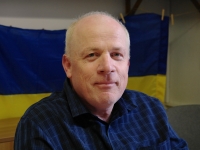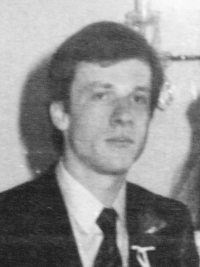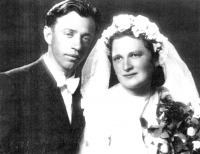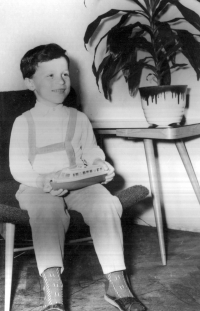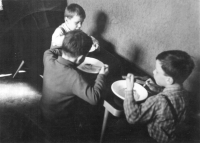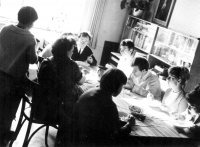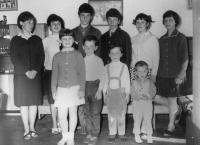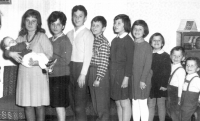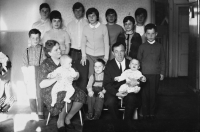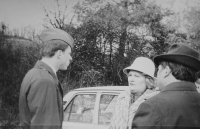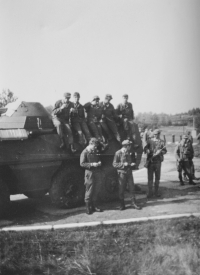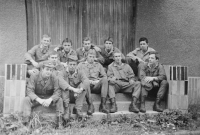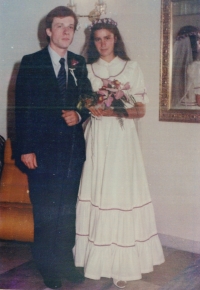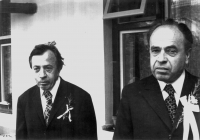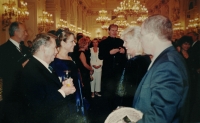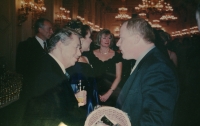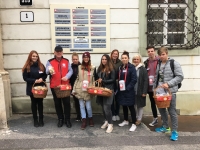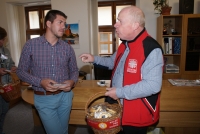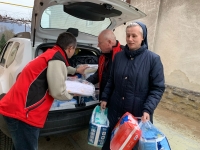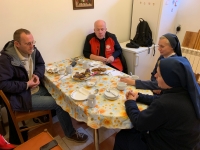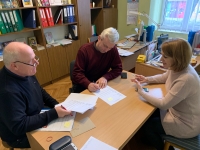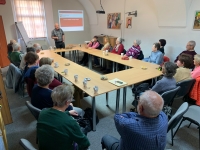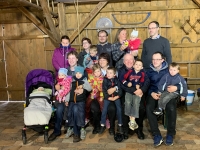They said we were preparing a counter-revolution and coup

Stáhnout obrázek
Evžen Adámek was born on 27 February 1960 in Brno as the ninth of twelve children of Josef and Marie Adámek. From childhood he helped his father, a Christian activist and a dissident, in the press of samizdat religious literature. Later, he rewrote periodicals Information on Charter 77 and transported and distributed samizdat literature with his father. His father was arrested in 1979 by the State Security (StB) and was sentenced to 20 months in prison. Eugene learned and worked as a car mechanic. During basic military service he was caught copying the text on the tense situation in Poland, imprisoned, interrogated and sentenced to nine months‘ imprisonment. After returning from military service, the StB unsuccessfully tried to get him to cooperate, and further, persecuted him and regularly detained and questioned his brothers and father. Eugene also helped transporting samizdat prints and religious books published abroad. He has participated in many activities to support unjustly prosecuted and imprisoned people. He tried to promote Christianity, when he travelled to Moravia, where he displayed religious films in families and parishes. He also claimed his faith at the National Fair in Velehrad. In 1989, he moved with his wife and children to Horní Břečkov, and in November also experienced demonstrations near Znojmo. After the revolution he left the profession of mechanic and worked for two years as a technical administrator of the Brno bishopric, where he mapped confiscated church property. In 1993 he became director of the Znojmo Regional Charity, where he implemented countless projects, established a number of social services and organized assistance abroad.
